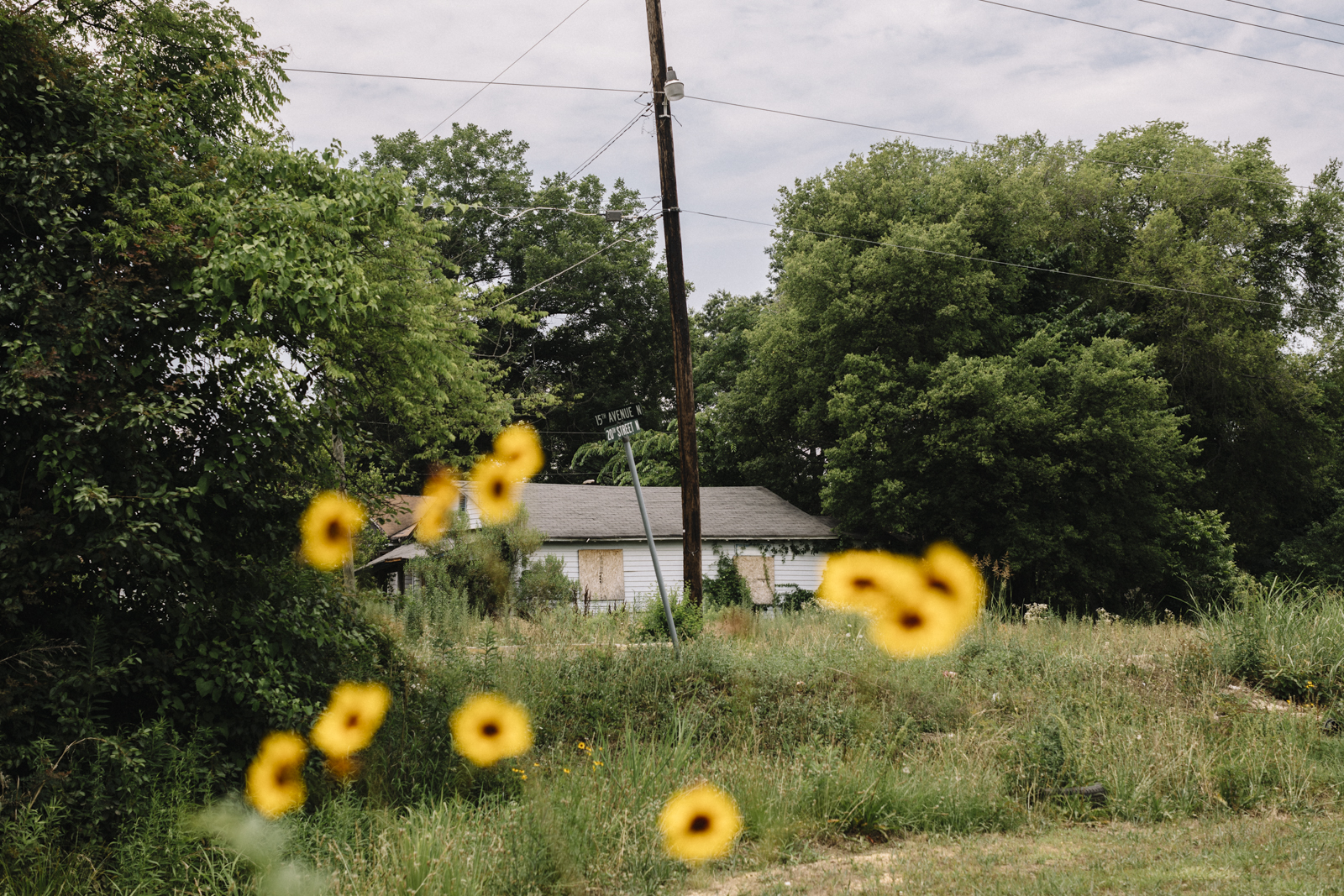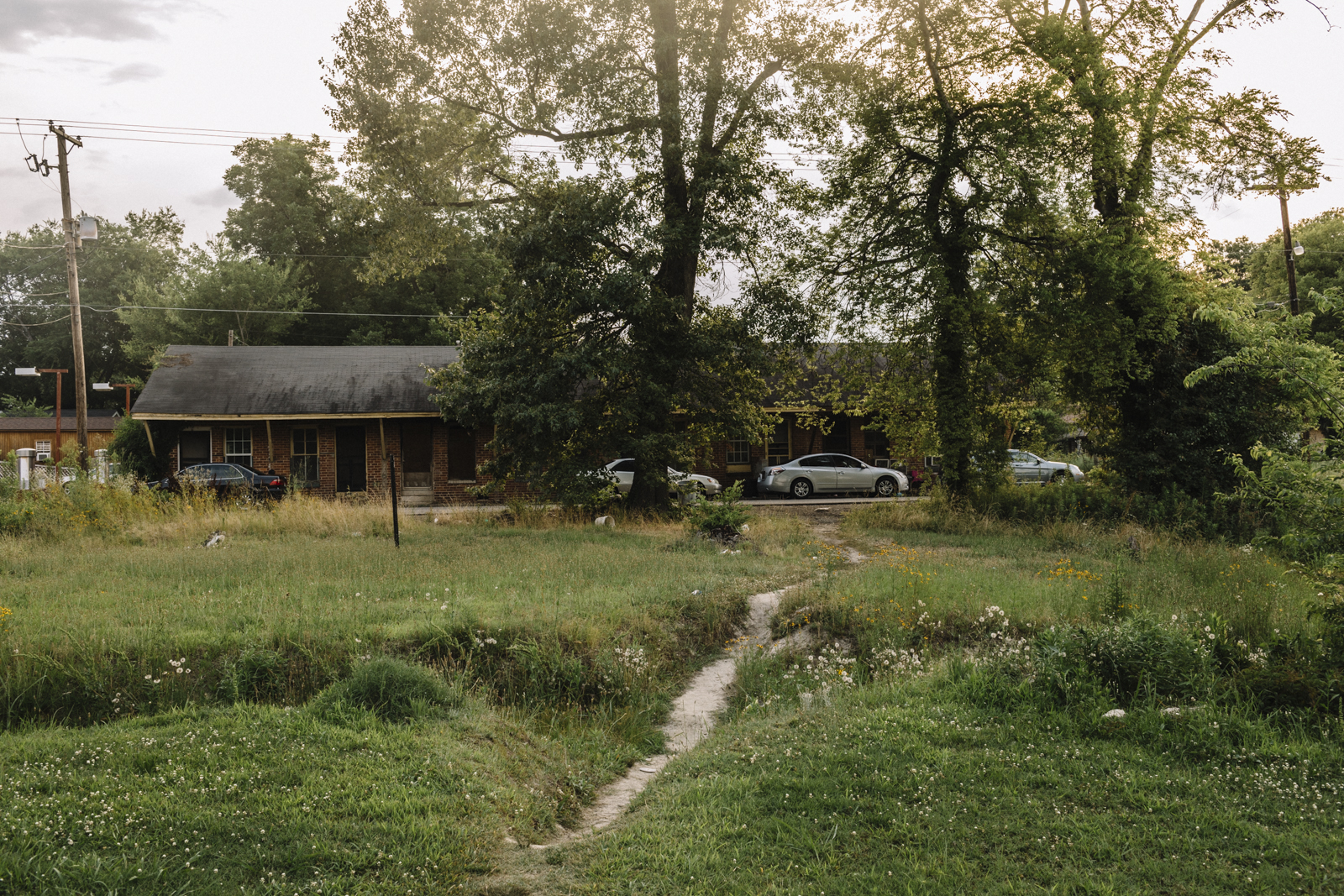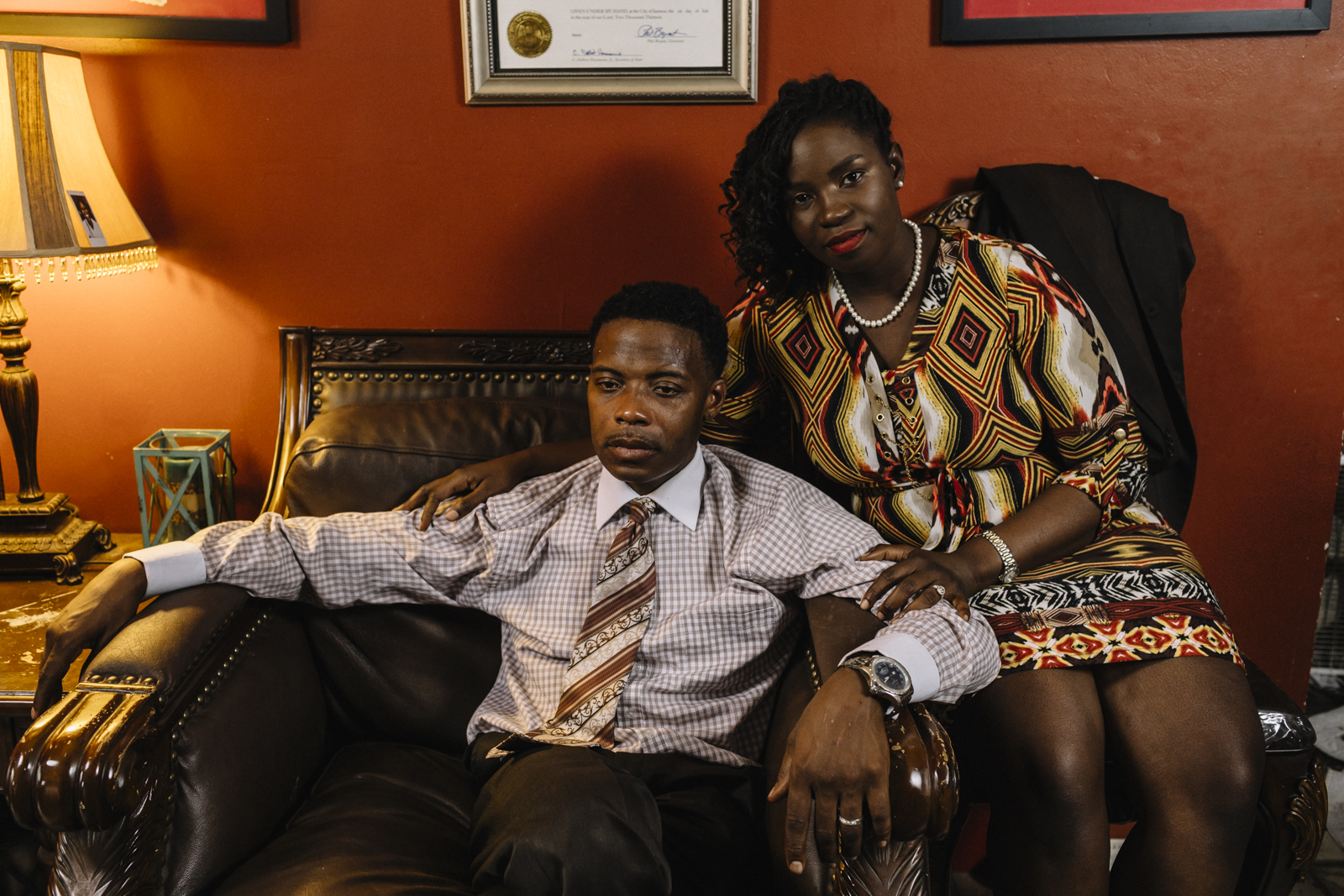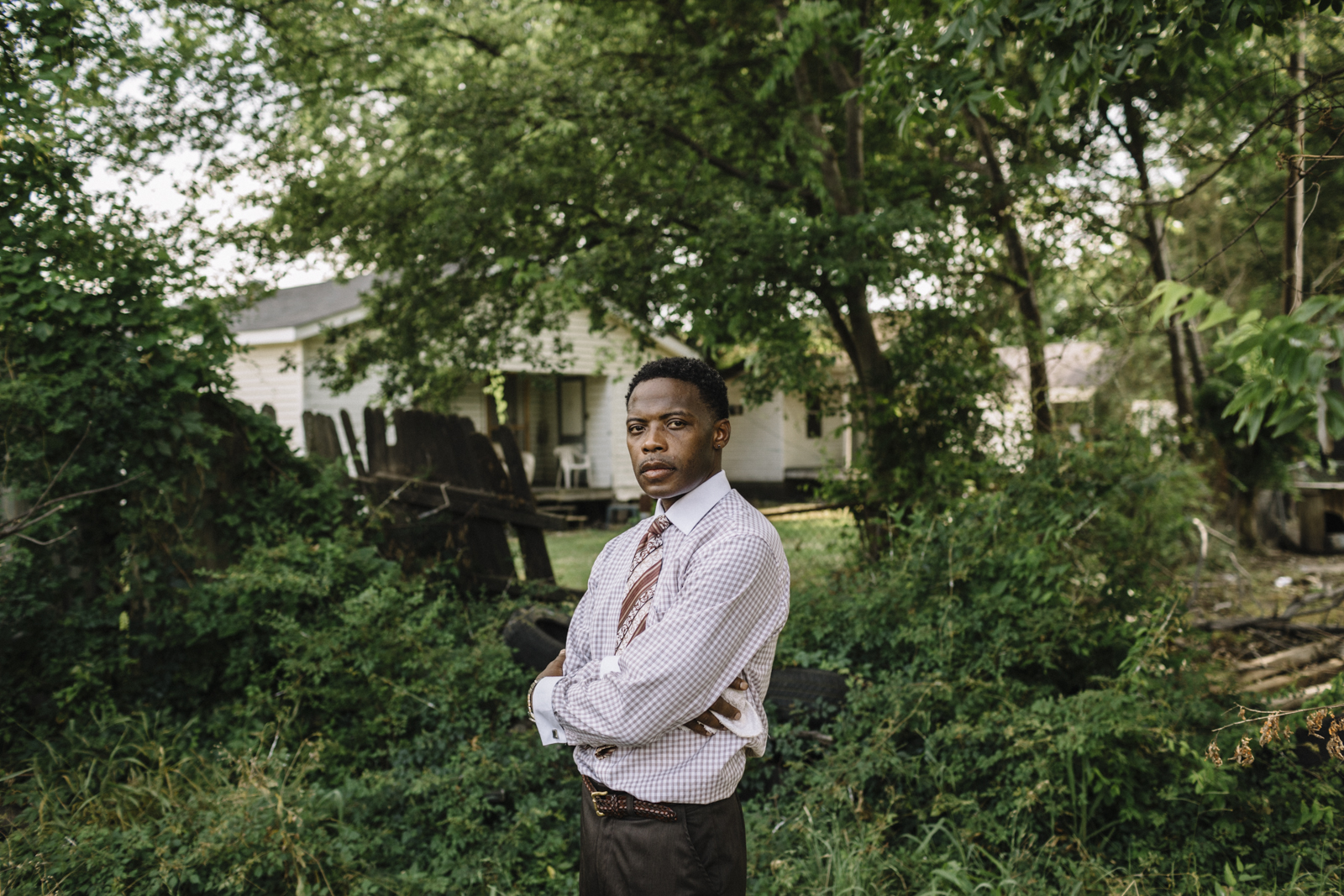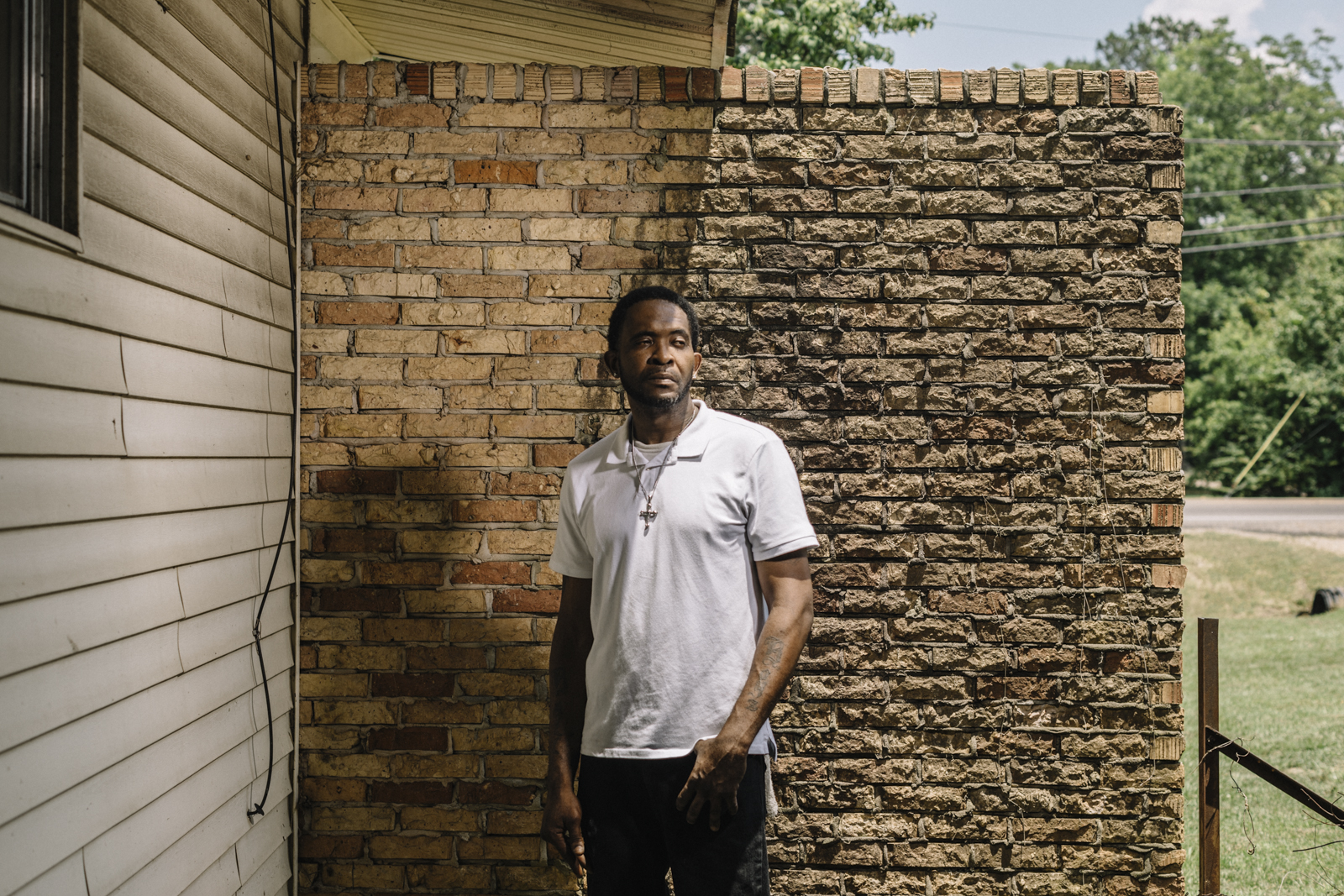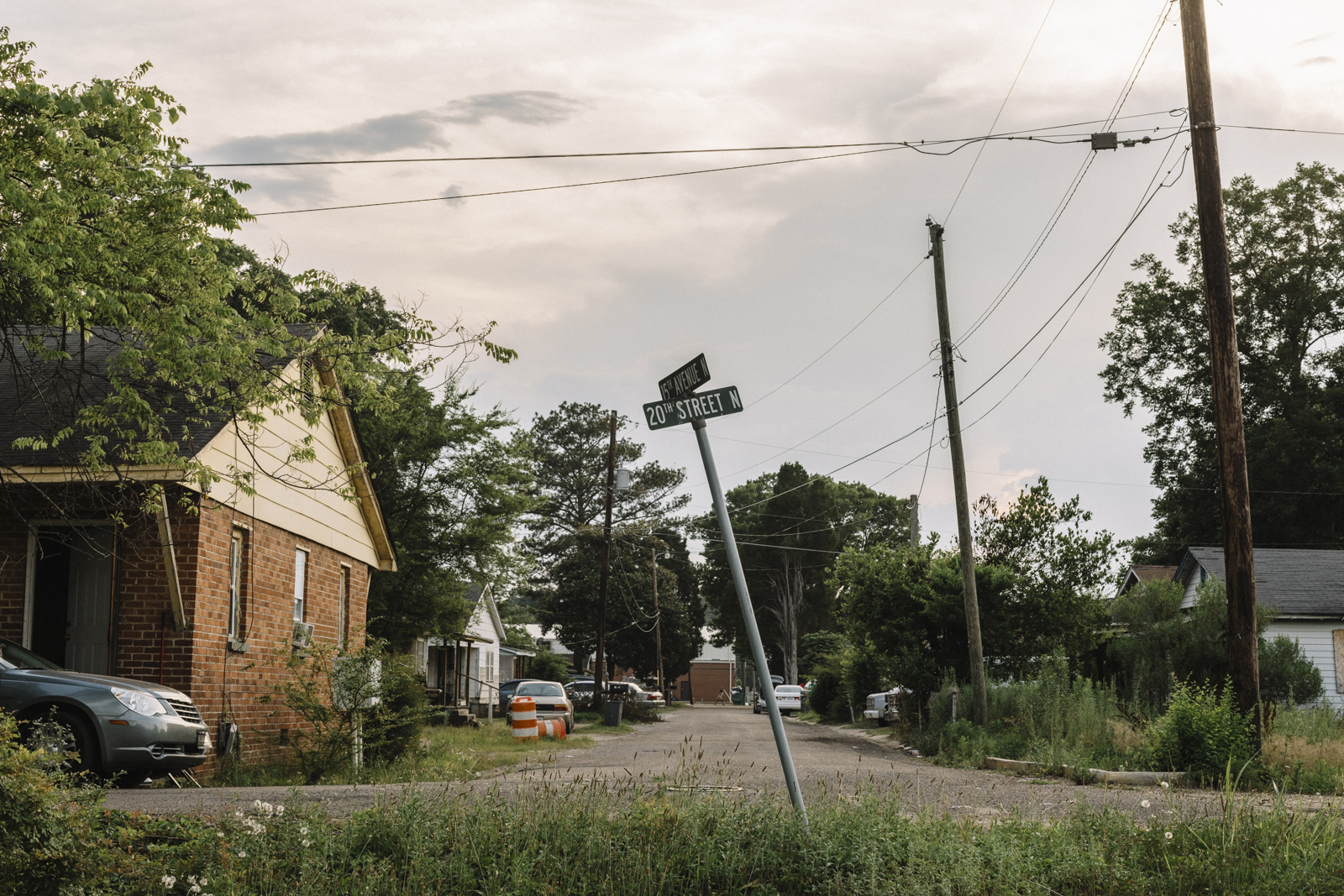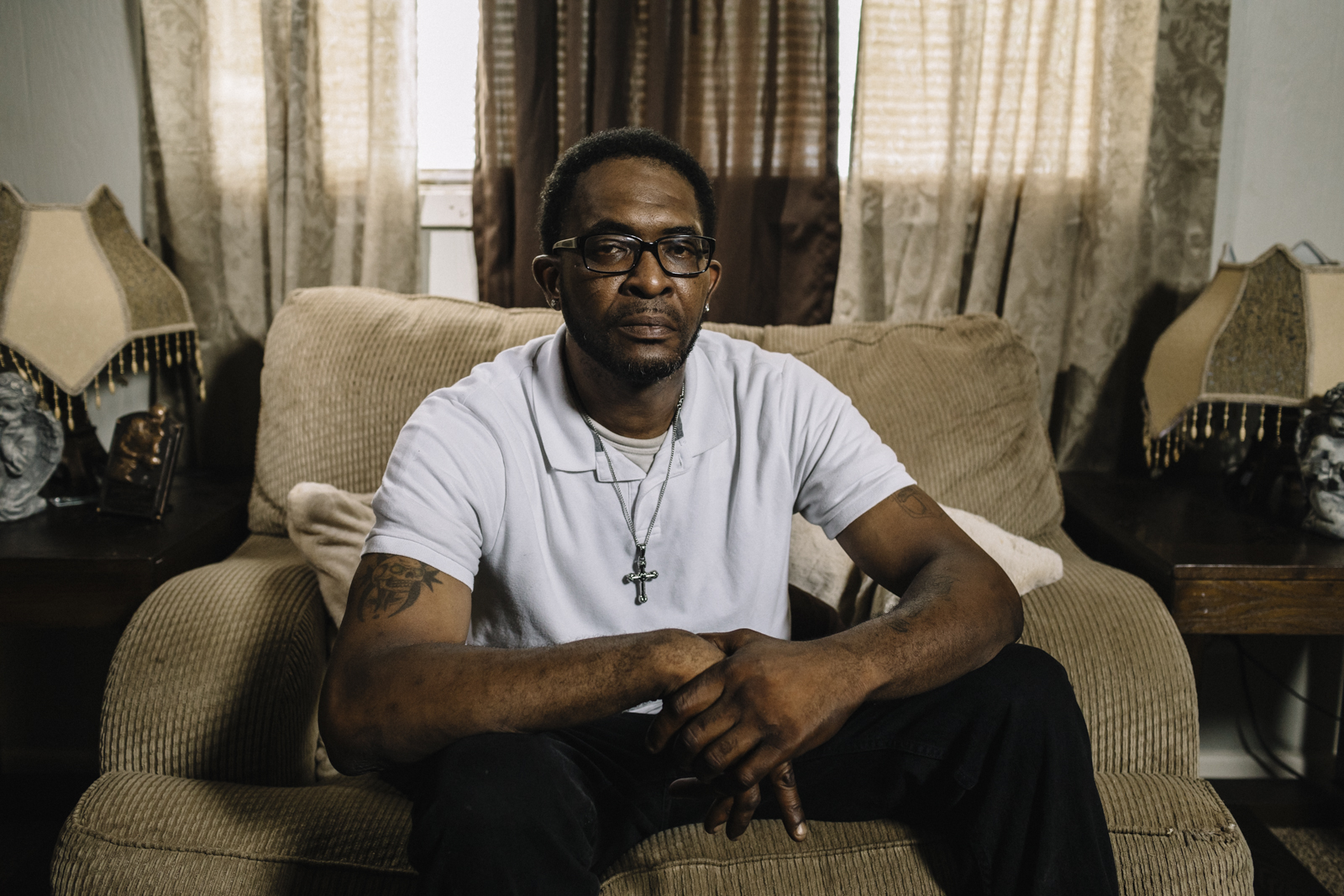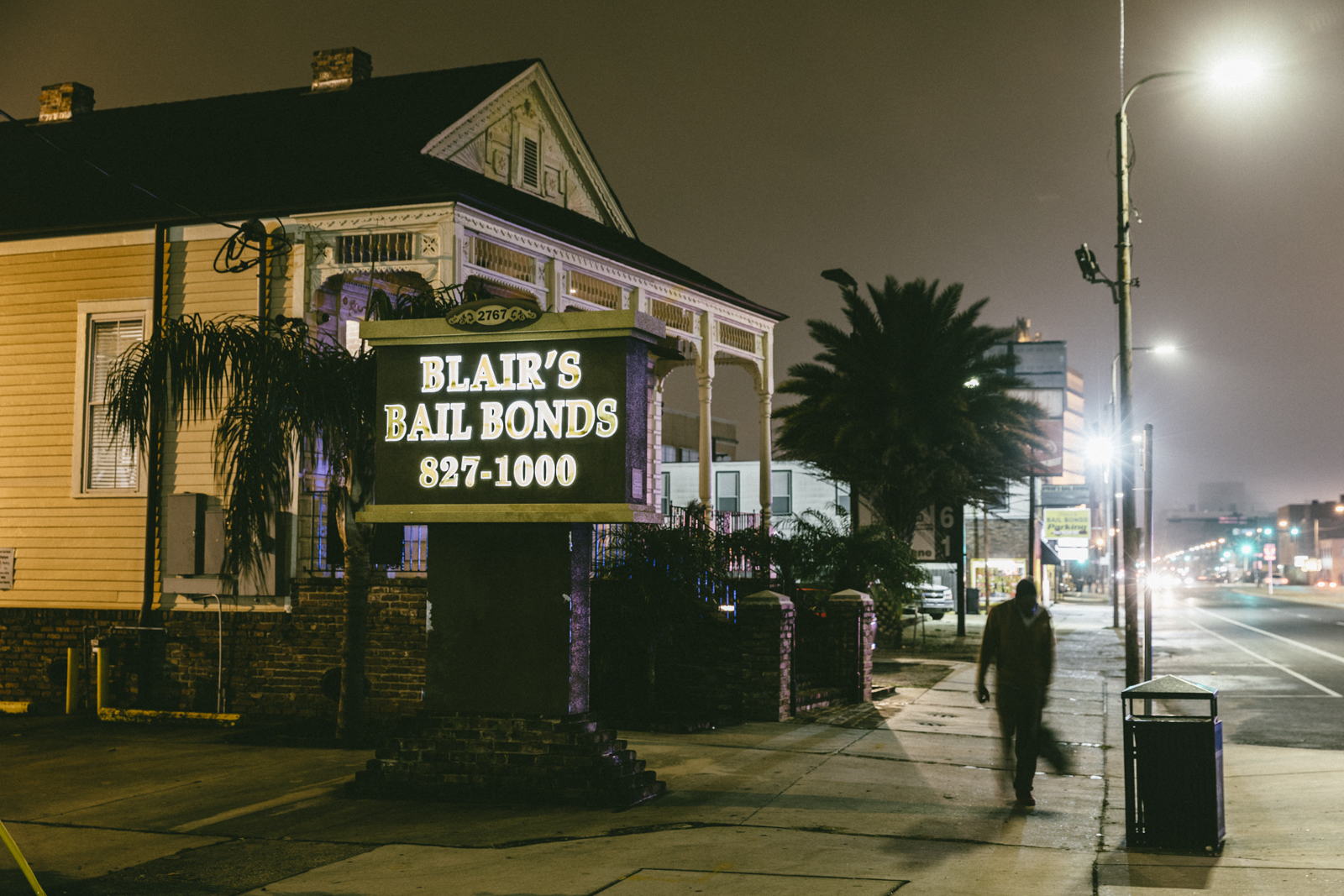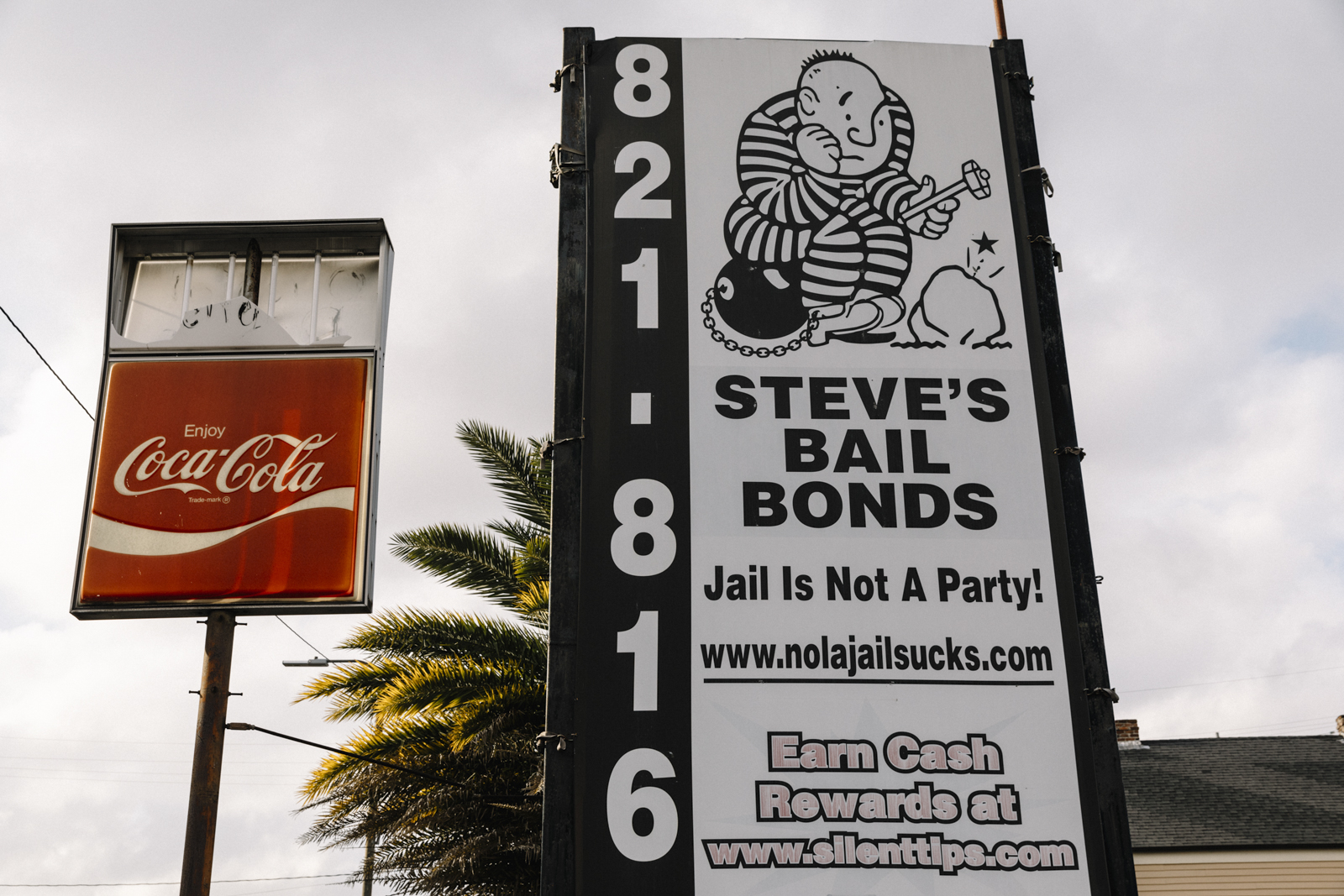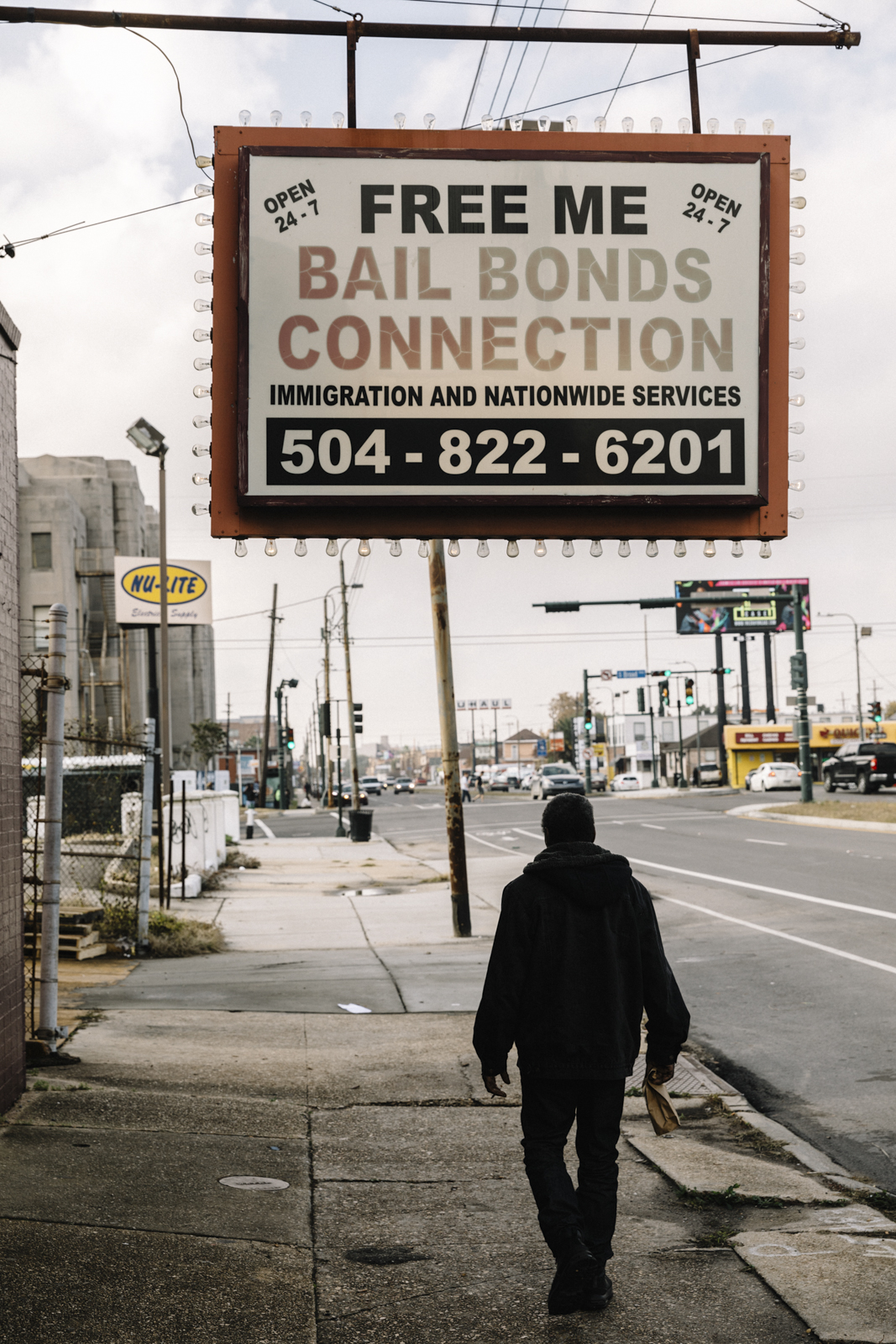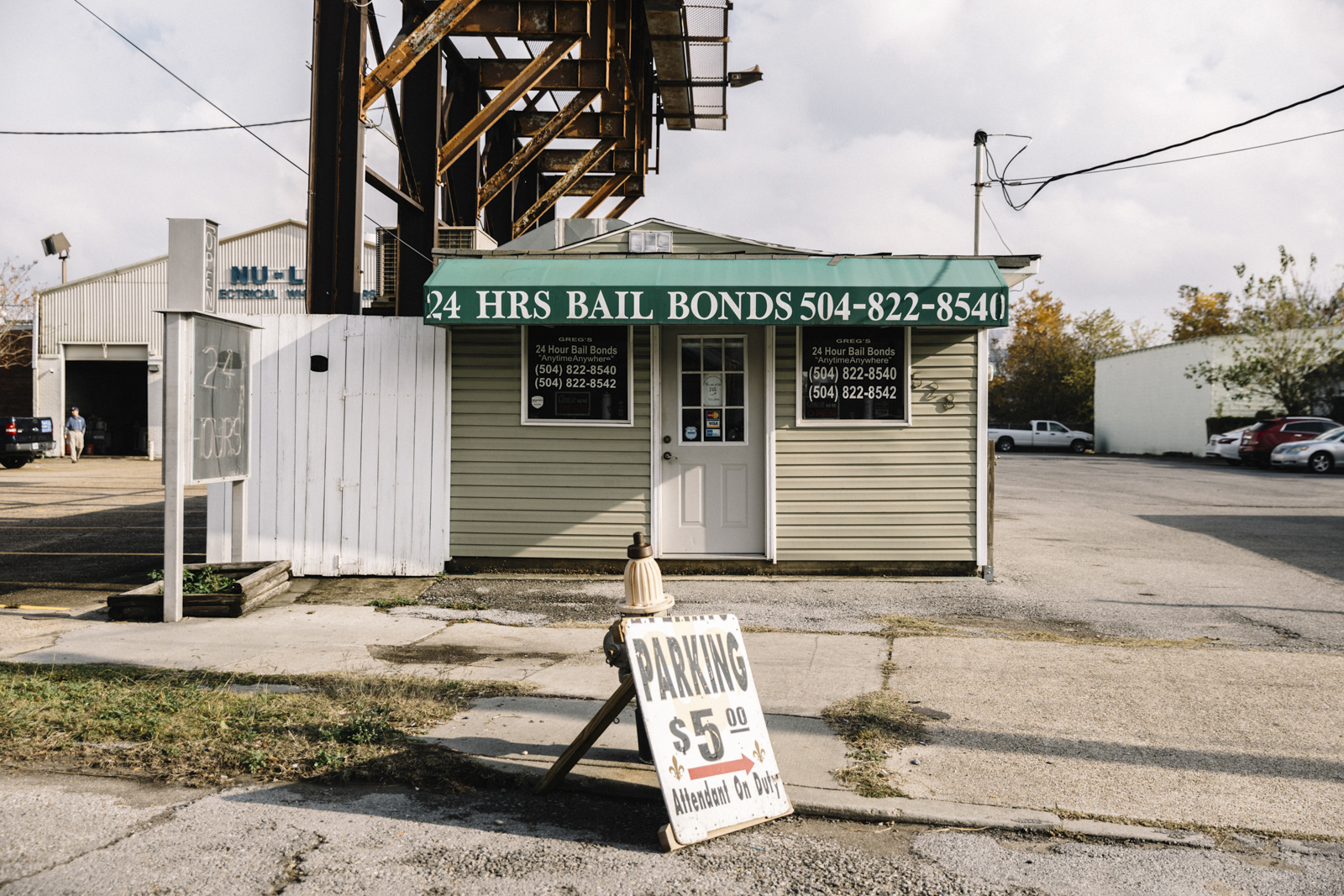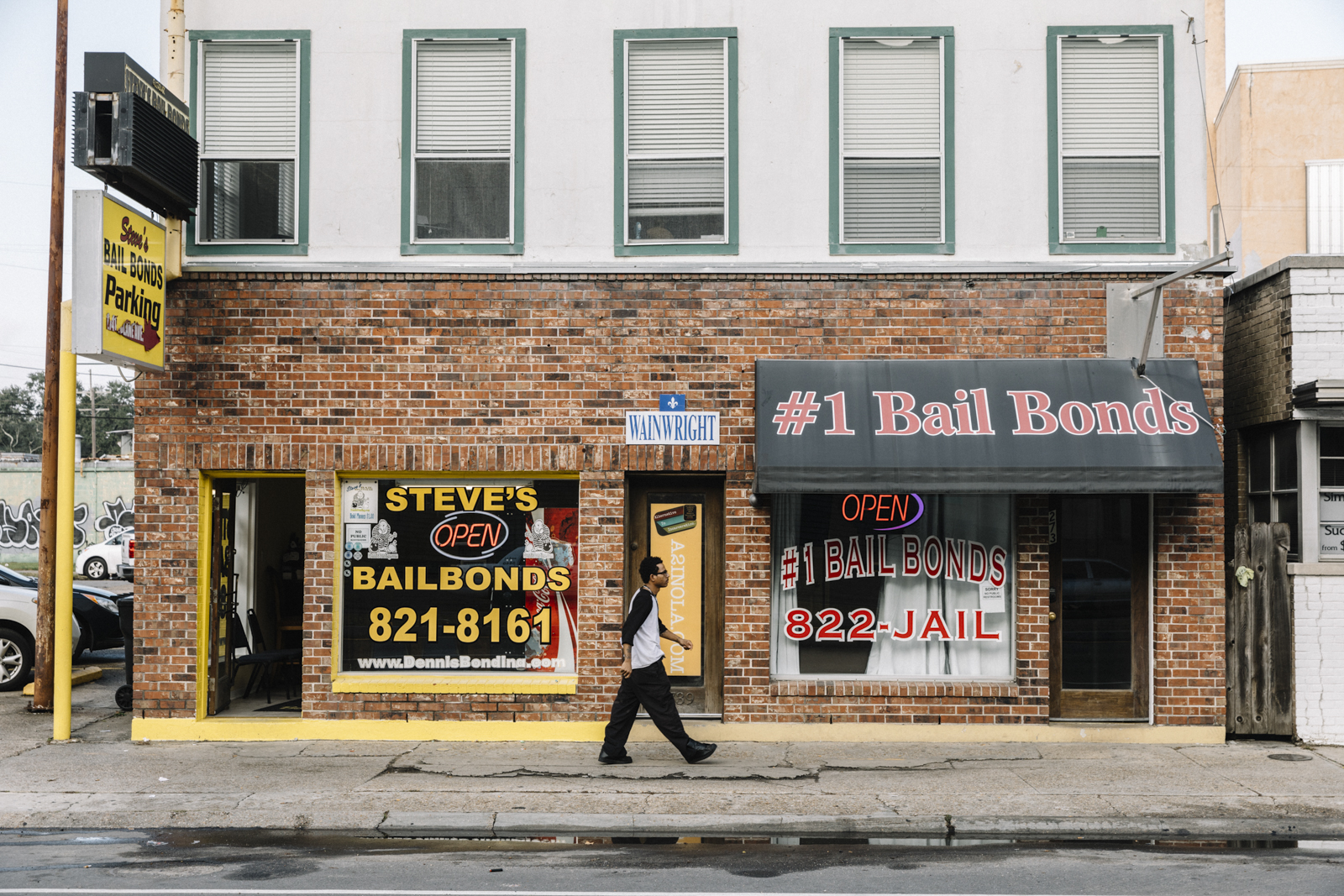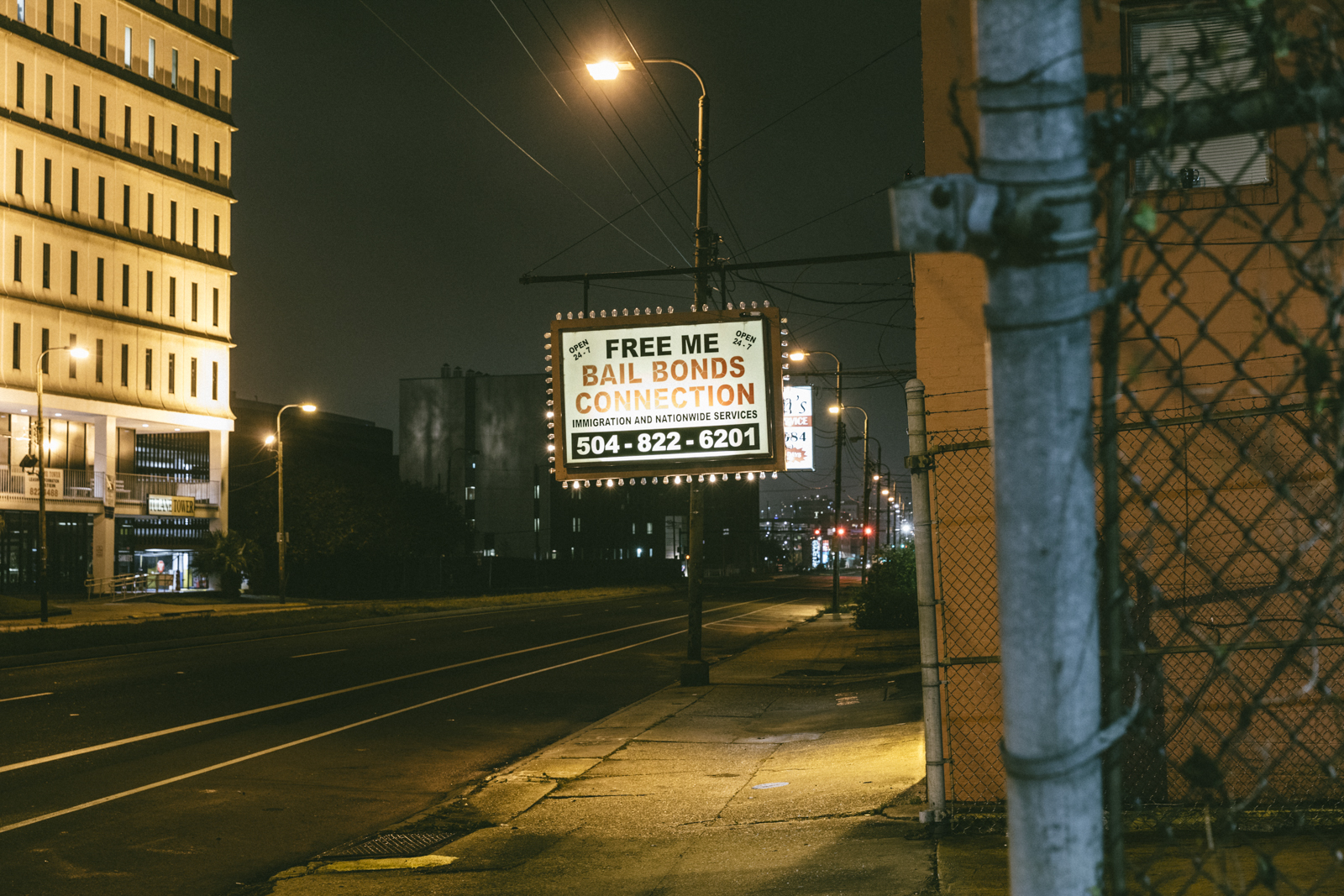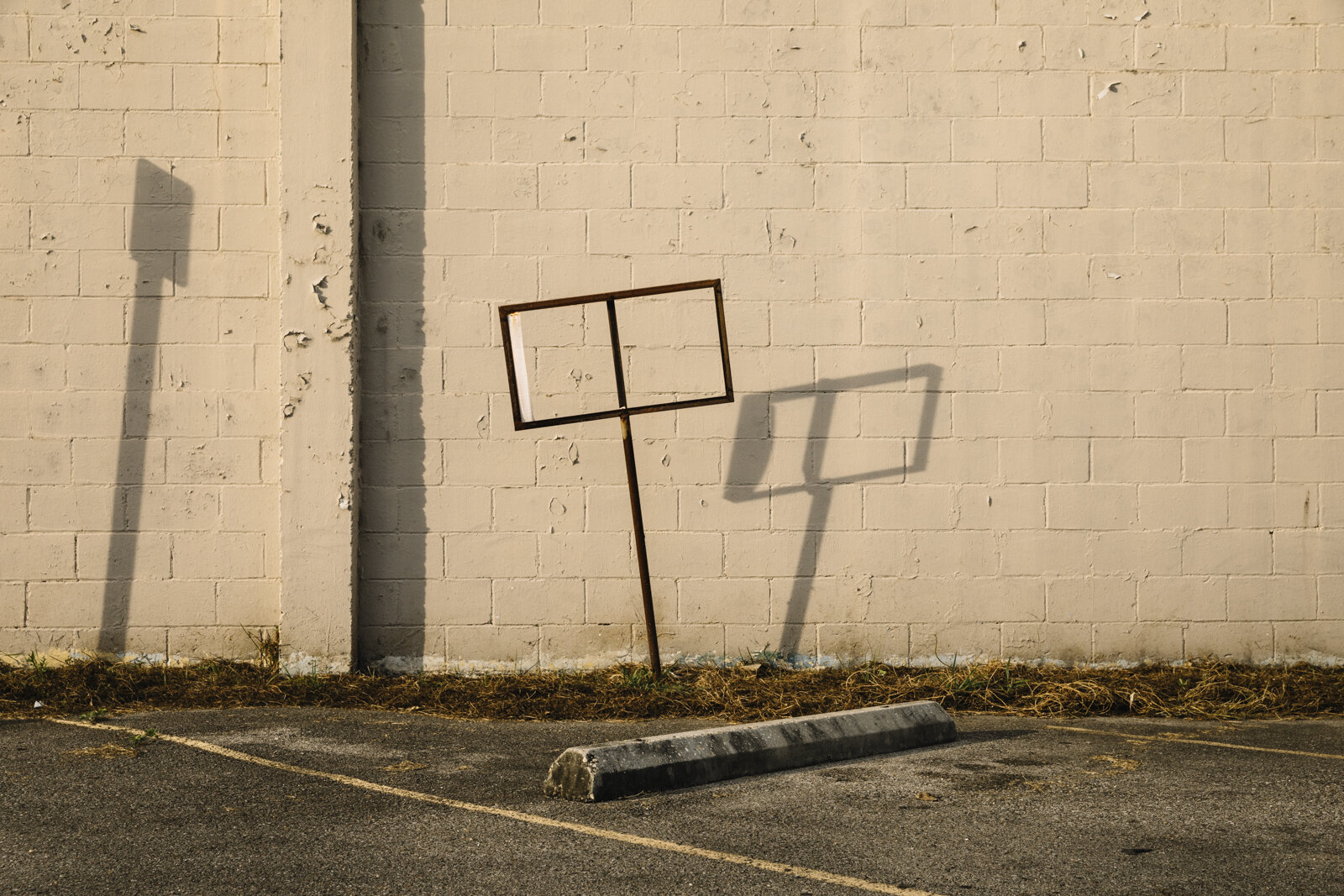
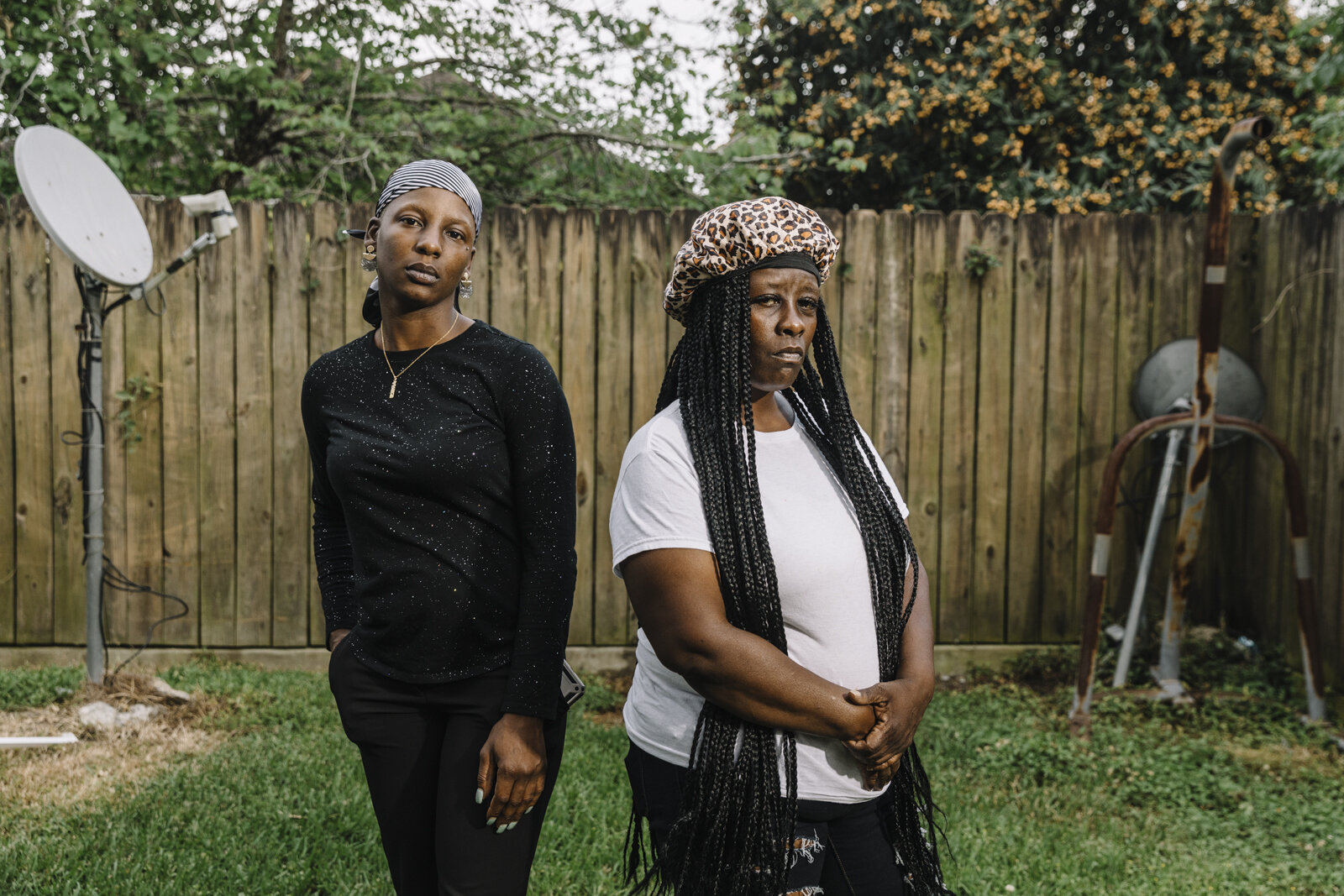
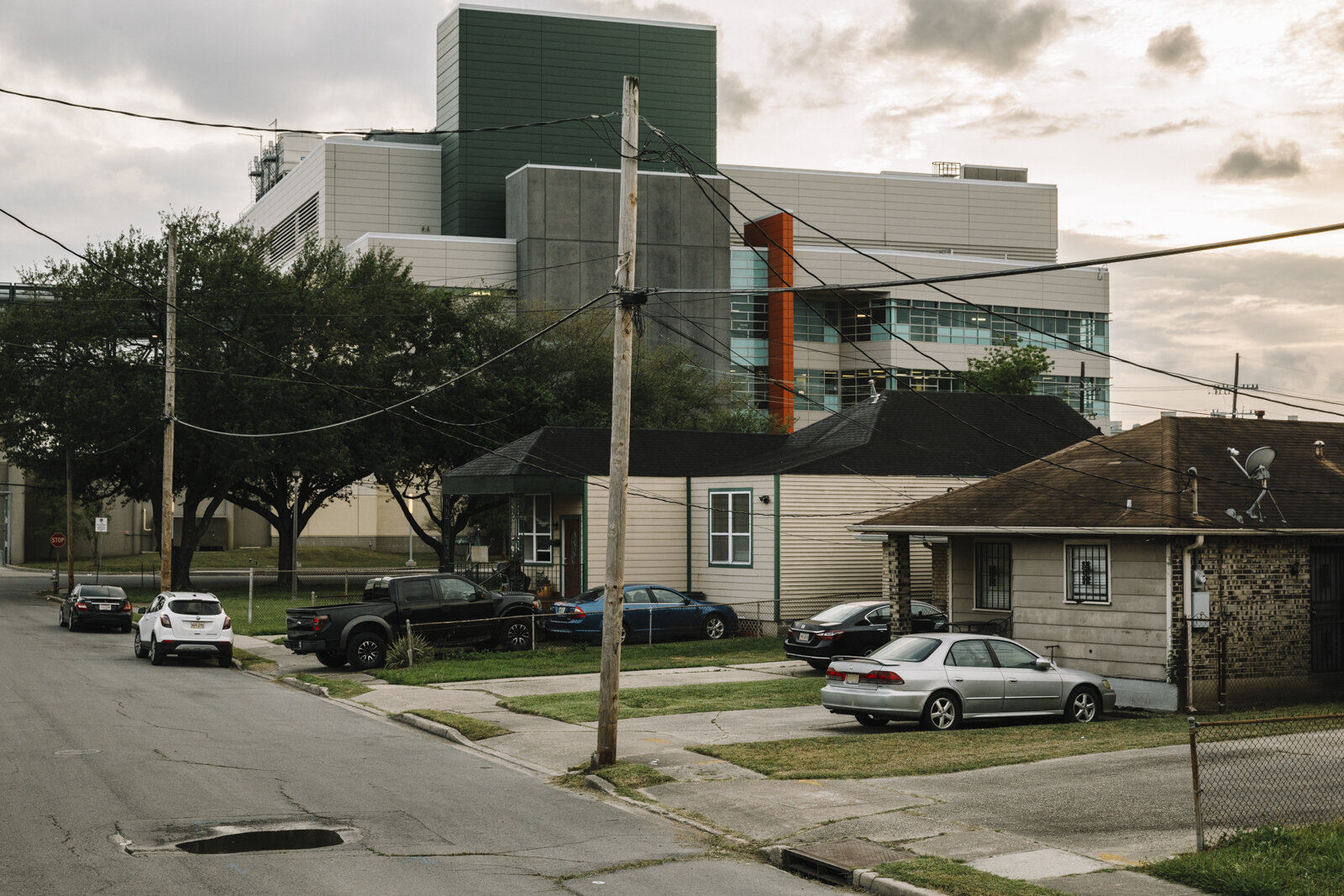

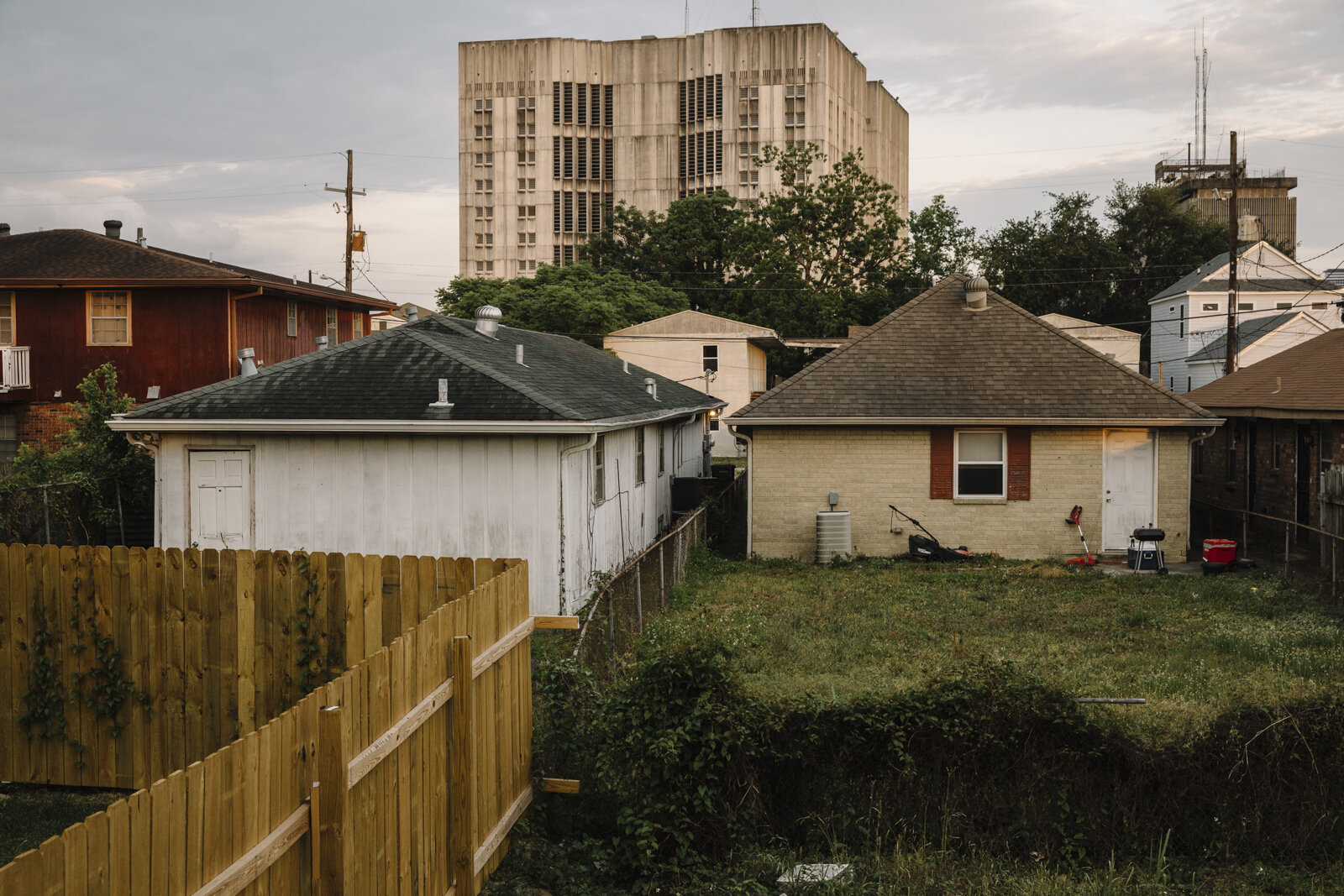
“In late March, Governor John Bel Edwards announced that Louisiana had the fastest-growing coronavirus infection rate in the world. According to state reports at the end of last year, Louisiana also had the highest incarceration rate in the country. The pandemic posed an immediate threat in the state’s jails, where cells are crowded and poorly sanitized, and people frequently cycle in and out of custody. Since 2013, the main jail in Orleans Parish has been under a consent decree for what the Department of Justice called “dangerous and unacceptable” conditions, including “inadequate medical care.” Prisons, too, present a contagion risk; they have less rapid turnover than jails, but staff come and go, and large populations and underfunded health services make outbreaks hard to contain.”
Community groups have pointed out the social costs of the prison system for decades. Now the pandemic has exposed its public-health risks.
The New Yorker: Will the Coronavirus Make Us Rethink Mass Incarceration?


